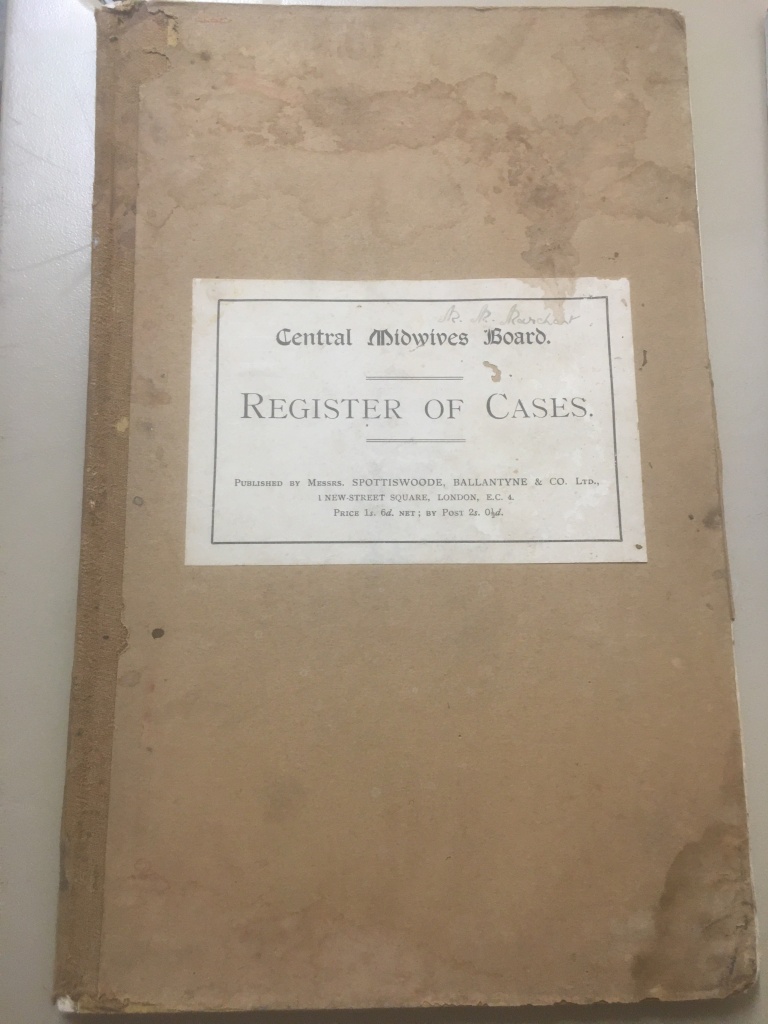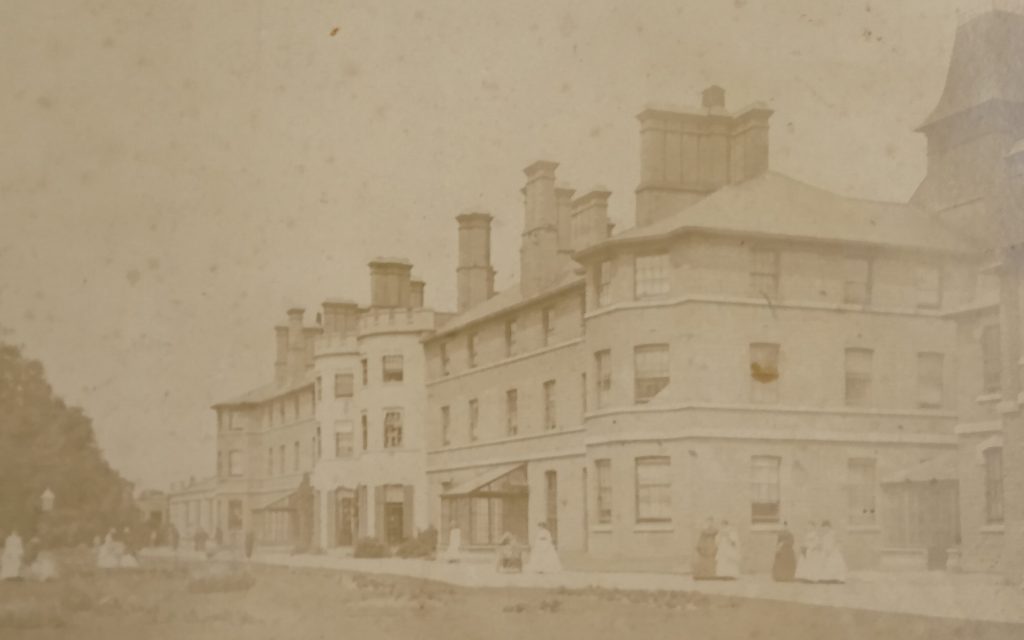It is utterly amazing what can be found in an archive. Proof of this was recently brought to my attention when I looked at one of our accessions. Accessions are groups of records/documents that come to an archives and we then carry out initial processing of them, which we as archivists call accessioning.
The accession was simply listed as Bourton OTW house-listed building Deeds, conveyances, research plans. The name Bourton immediately aroused my curiosity as it was where I spent the first 19 years of my life and where I still have family. So, I examined the accession more closely. It turned out to be for Three Wells House otherwise known as Eastfield. This sent even more alarm bells ringing as I knew the name Eastfield. Eastfield was owned by the Morris family who also owned the model village (a major tourist attraction in the village) and were publicans of the Old New Inn pub, hotel and restaurant. My grandmother had worked at the Old New Inn for many years as indeed did my sister and myself.
Continue reading


